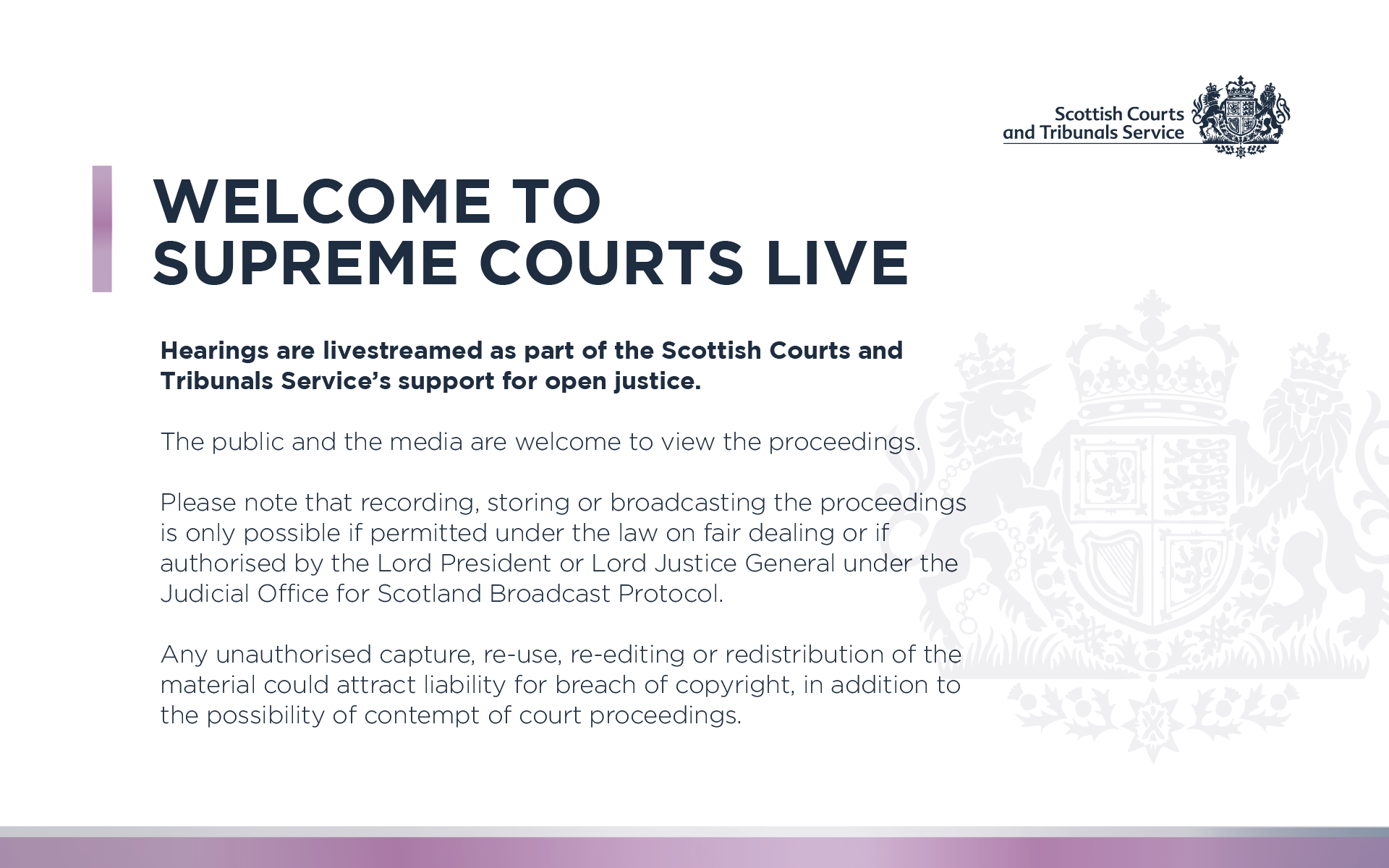Case description
The pursuer’s son, LD, was born with quadriplegic dyskinetic cerebral palsy as a result of injuries he suffered at birth. He requires continuous care. The pursuer raised an action alleging negligence by hospital staff responsible for her care on the induction and labour wards. The first ground of fault related to failures by midwives on the induction ward to administer a further dose of medication designed to induce labour, to seek medical review relating to possible meconium observed on the pursuer’s sanitary pad or to transfer the pursuer to the labour ward earlier. The second ground of fault concerned the actions of Dr Sripada, the obstetric registrar on the labour ward in deciding not to proceed to caesarean section after reviewing the pursuer approximately one hour before LD was born.
The Lord Ordinary concluded that neither ground of fault was made out. At proof (restricted to the issue of liability), the case against the midwives developed into a case against the obstetric doctors on the induction ward responsible for ward rounds and supervising the midwives’ decision making. The decisions taken by the midwives were within the parameters of normal practice and suspicions of meconium were never confirmed, such that it was not necessary for the ward round doctors to intervene. The case against Dr Sripada turned on her interpretation of a Cardiotocography trace (used for monitoring foetal heart rate) at 04:10 on the morning of LD’s birth. The Lord Ordinary had before her competing expert evidence on that issue. She was unable to conclude that either of the competing opinions was incapable of being logically supported (Bolitho v City and Hackney Health Authority [1998] AC 232) and as such Dr Sripada’s actions were reasonable. It followed that there had been no breach of duty by the midwives, the ward round doctors or Dr Sripada.
Had breach of duty been established, the Lord Ordinary was satisfied that causation would have been proved in relation to Dr Sripada. However, in relation to the midwives, neither factual nor legal causation was made out. The pursuer had not shown that the injuries to LD would not have occurred “but for” the midwives’/ward round doctors’ failures. In any event, safe delivery of the baby fell outwith the scope of the midwives’ duty of care, and there was an insufficient connection between the harm suffered and that duty (Meadows v Khan [2021] 3 WLR 147, para 29).
The pursuer now submits that the Lord Ordinary erred on four grounds. First, the defenders’ expert evidence, upon which the Lord Ordinary relied, proceeded on an erroneous understanding of Dr Sripada’s account. At 04:10 hours, there was no good reason to prolong the pregnancy and a caesarean section should have been performed. Second, the Lord Ordinary’s reasons for rejecting the case against the ward round doctors was internally inconsistent and could not be explained or justified on the evidence. Third, she gave insufficient reasons for concluding that factual causation was not established in relation to the ward round doctors. Fourth, the “scope of duty” question (Meadows v Khan) was either not applicable, not addressed in relation to the ward round doctors, or decided incorrectly.

